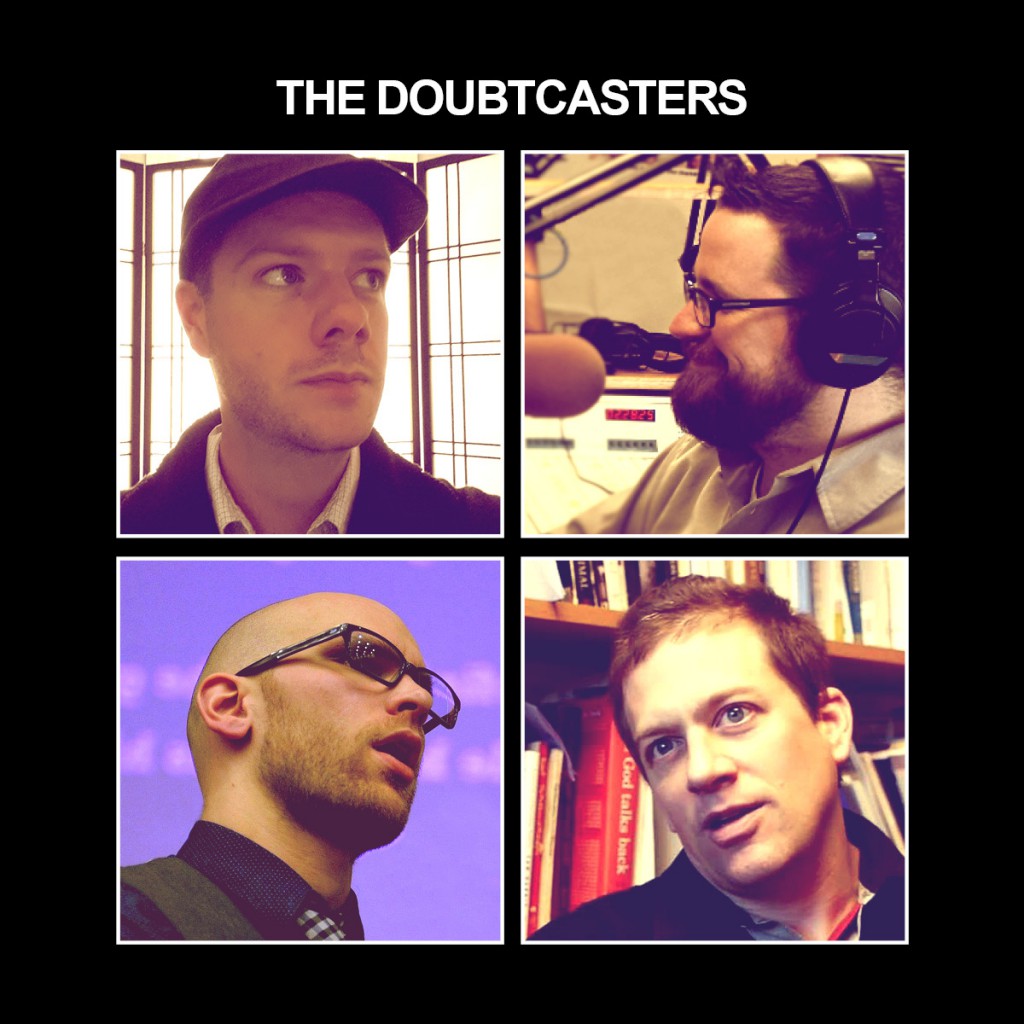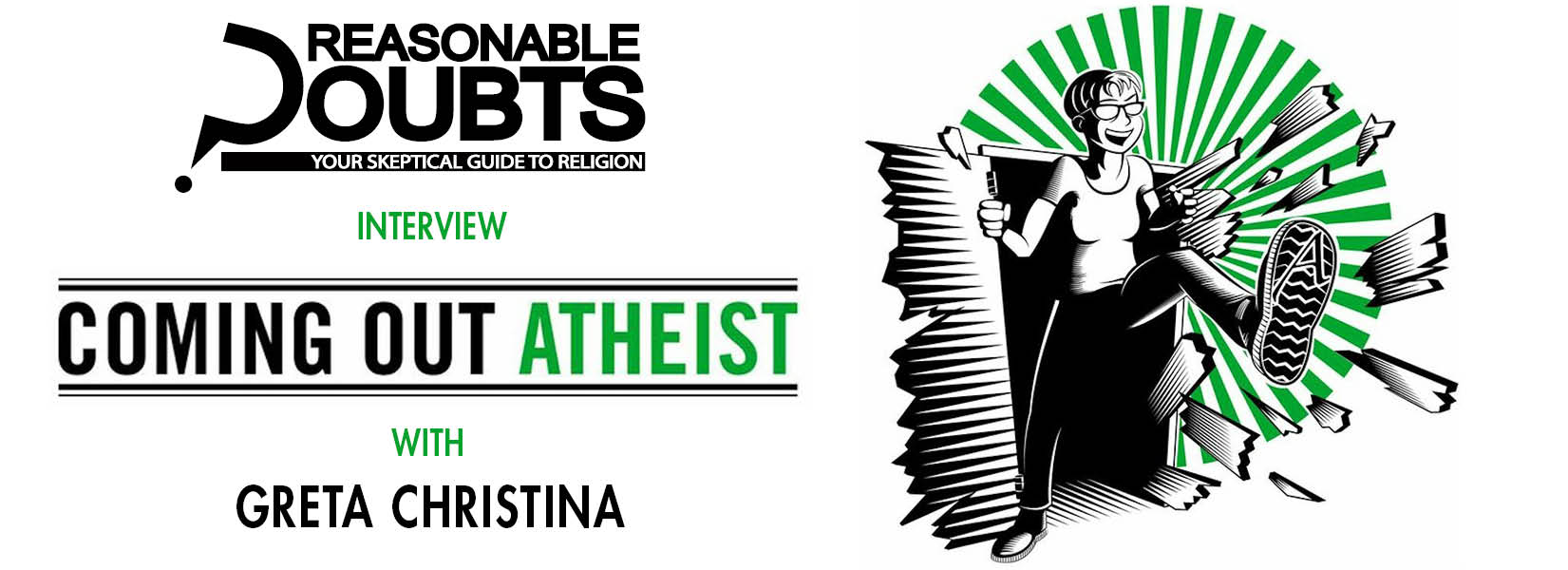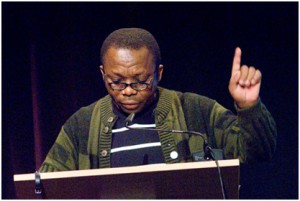 Here it is…the final episode of Reasonable Doubts, featuring new Counterapologetics, God Thinks Like You and Polyatheism segments mixed with goodbyes from our fans and outtakes from the past eight years of doubtcasting. Thank you to everyone who made this show what it was. Special thanks to Jonathan MS Pearce for the spoken word introduction to the show and to Hugh McDonald for allowing us to use his song “Schrodinger’s Cat” for this episode.
Here it is…the final episode of Reasonable Doubts, featuring new Counterapologetics, God Thinks Like You and Polyatheism segments mixed with goodbyes from our fans and outtakes from the past eight years of doubtcasting. Thank you to everyone who made this show what it was. Special thanks to Jonathan MS Pearce for the spoken word introduction to the show and to Hugh McDonald for allowing us to use his song “Schrodinger’s Cat” for this episode.
Listen to the entire episode or subscribe to reasonable doubts for free.




 Interview: Leo Igwe
Interview: Leo Igwe